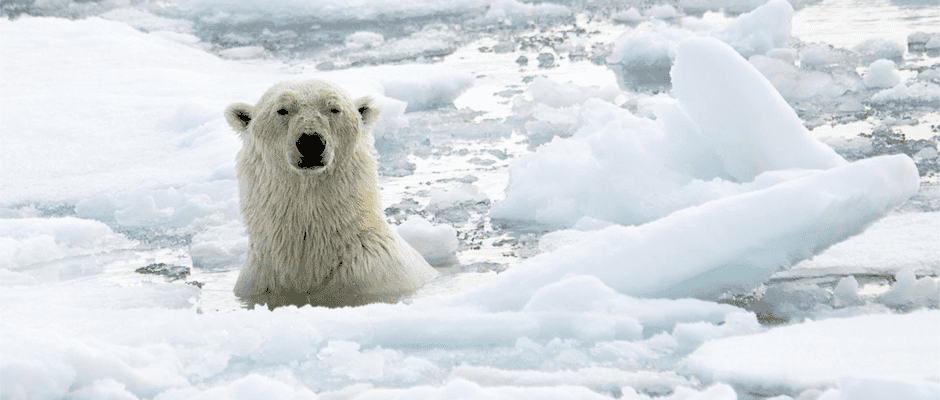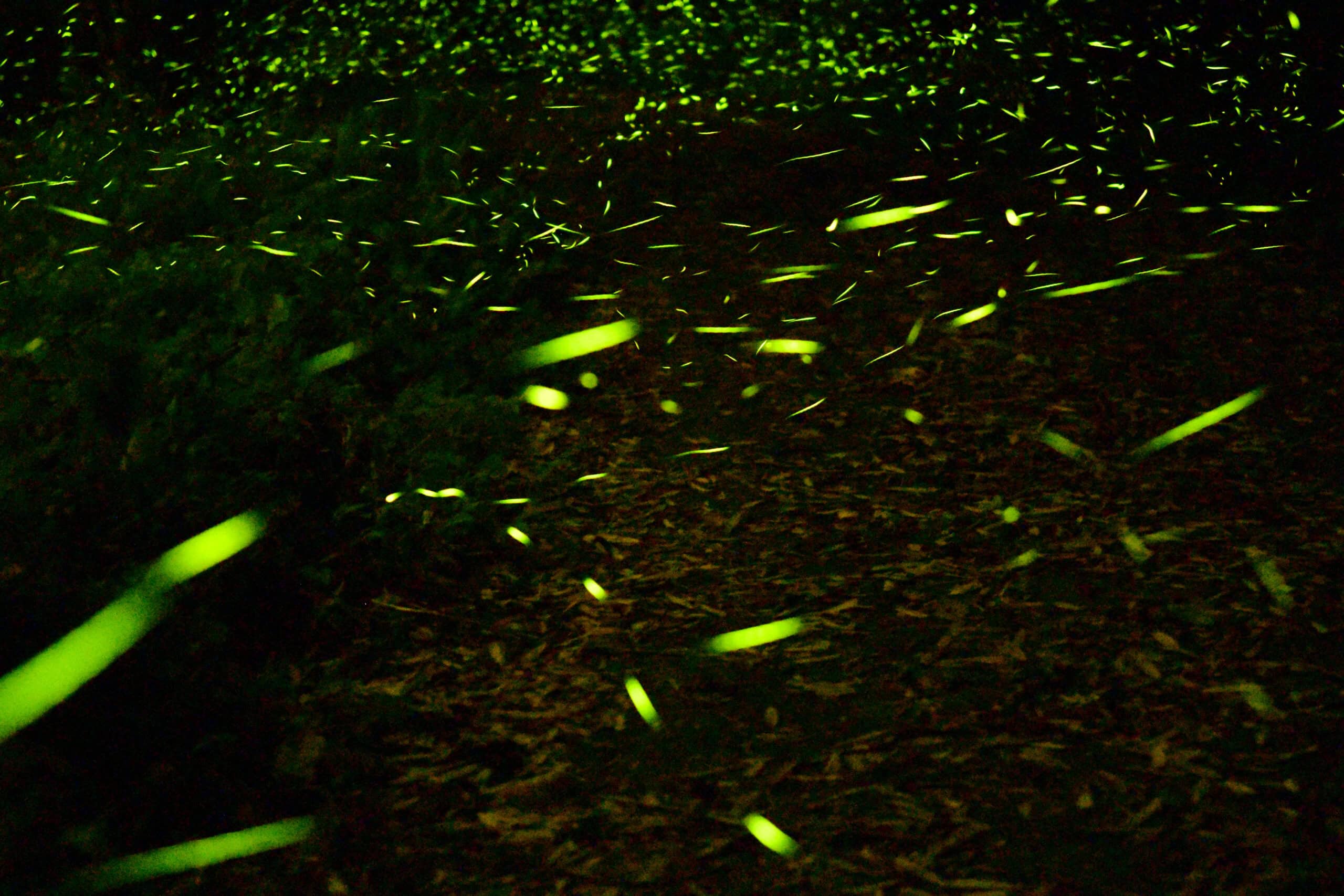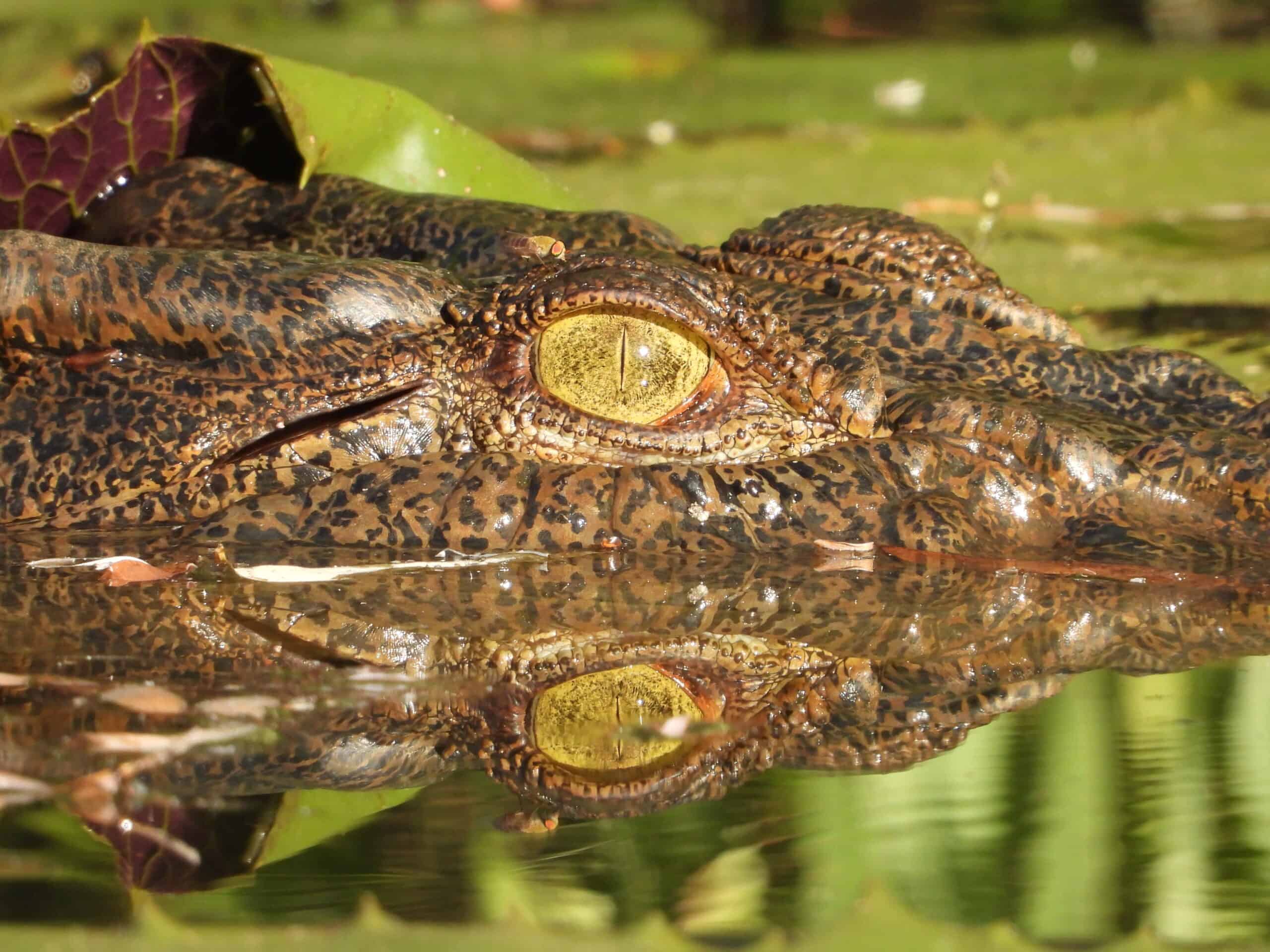Share this article
Researchers find climate denial blogs lack science
Polar bears (Ursus maritimus) have long been a “poster species” for climate change, but researchers looking into global warming skepticism say that has also made them the target of global warming deniers.
Studying blog posts about polar bears on websites dedicated to casting doubt about climate change, researchers found these blogs “disregard the overwhelming scientific evidence of Arctic sea-ice loss and polar bear vulnerability,” even the blogs that claim to be based on science.
“They’re using science as a camouflage,” said Jeff Harvey, a professor at the Netherlands Institute of Ecology and lead author of the study published in BioScience.
Harvey and his colleagues looked at 90 climate blogs that mentioned both polar bears and sea ice and checked the blogs against 92 scientific papers focusing on polar bears and climate change. The team found that while 45 climate change denial blogs claimed to be based on science, they didn’t overlap at all with the peer-reviewed evidence in the papers. Instead, about 80 percent of the blogs relied on a single blog, polarbearscience.com, which Harvey said had no original research or peer-reviewed papers published on polar bears.
On the other hand, the team found, 45 science-based blogs did match the evidence in the scientific papers and did not deny climate change. There was not much middle ground, Harvey said.
(Susan J. Crockford, the author of polarbearscience.com, who describes herself as a private consultant and adjunct professor at the University of Victoria in British Columbia, has called the study “desperately ridiculous.”)
Harvey suggests these climate change denial blogs are motivated by personal agendas related to policy and opinion making, not concern about the species or sound science. Instead, they hope to poke holes in scientific data and information in order to “paralyze any cautions taken at the governmental level to enact regulations,” he said.
The concern is not only for polar bears, he said, but for any habitat specialists that are in danger of losing their habitat.
His paper urges scientists to communicate findings to the public, regardless of the backlash or threats they might encounter. It’s especially important with the access the public has to social media and blogs that might be disseminating unscientific information, Harvey said.
“If we change some minds, and we can make people become more critical thinkers, then we’ve achieved our goal,” he said.
Header Image: Polar bears have been embraced by conservationists as a “poster species” for climate change awareness, but they have also been targeted by global warming skeptics. ©Ian Sterling








